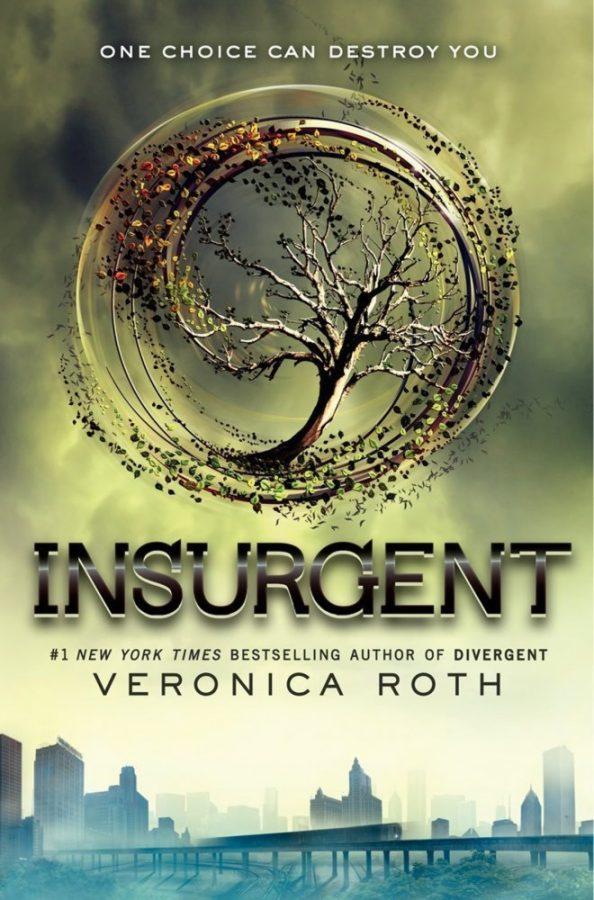Anyone who saw “The Hunger Games: Mockingjay, Part 1” since its release probably saw a teaser trailer showing a pixie-cut Shailene Woodley surrounded by rubble, jumping from flaming buildings and swinging from ropes — unlike her expunged role in “The Amazing Spider-Man 2.” For those who may not know any better, the trailer looked like a preview for another sci-fi action thriller. But just before the feature motion picture rolled, the trailer revealed its title: “Insurgent,” the second film installment of the “Divergent” series by Veronica Roth.
It’s nearly impossible to talk about young adult dystopian fiction without recognizing their movie counterparts. With the “Insurgent” movie set to premiere in March, those who heed fiction-before-film will surge in readership in preparation for the film. The series is currently fifth on The New York Times Best Sellers List, sitting just above
“The Hunger Games.” The popular culture and genre have become sensationalized; just like the “Insurgent” trailer itself.
But what is striking about the trailer is how disparate it feels compared to the novel. “Insurgent” begins immediately where “Divergent” left off, with Beatrice “Tris” Prior and Tobias “Four” Eaton seeking refuge from the death and destruction of the previous book.
The five factions — Abnegation, the selfless; Amity, the peaceful; Candor, the honest; Dauntless, the brave; and Erudite, the intelligent — are at war for the first time, and the fictionalized, future Chicago is in chaos. After the Erudite takeover of the Dauntless population that resulted in the near obliteration of Abnegation members, including
Tris’ parents, Tris and Four join a group of survivors who are at the mercy of the Amity people, and they must decide if they can remain hidden within the faction.
Experiencing the Amity faction as a setting in the novel adds another layer to the city, revealing a group that operates exclusively on community input and democratic process. All members must vote on whether to let the refugees stay and risk possible involvement in the war, or to send them away and risk their lives. Though Amity more closely resembles our political structure, unlike Dauntless’ rigorous and cruel ousting of people who do not pass initiation, which was the framework of “Divergent,” there’s an uneasy feeling that something is amiss in Amity’s fair process.
Tris as a narrator can be hard to juggle in “Insurgent.” She is grieving over her parents’ deaths and the incredible guilt she feels for both for them and the murder of her friend, who was under the control of Erudite during the attack. Like other teenage protagonists in love, she is dealing with her newfound relationship with Four, who has his own demons she must help him overcome.
These personal conflicts are in conjunction with the overarching plot of Erudite control and a rising rebellion. It’s a lot to grapple with, especially considering Tris is bound up in these conflicts with seemingly everyone she knows. And Tris, though aptly written as emotional and confused, can be grating as a narrator, making the reader tired, annoyed and in want of answers she can’t provide.
Despite the immense number of plot elements and the complicated web of relationships, “Insurgent,” at its core, isn’t a sensational thriller as the trailer implies. It’s about grief, sacrifice, betrayal and, ultimately, the consequences of discovering the truth. The threat to peace in the first book was the divergent population upsetting the order between the factions. In “Insurgent,” the very foundation for society itself — the factions — comes crumbling down, leaving the characters and the reader desperate for a foothold.
3/5 STARS
_______________
Follow Mia Moran on Twitter.









